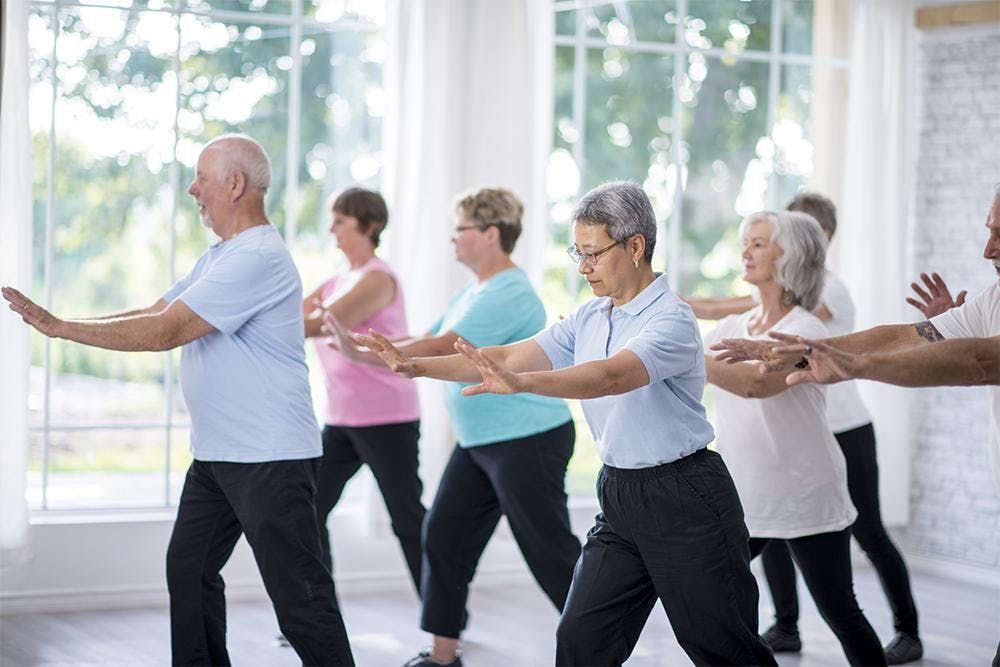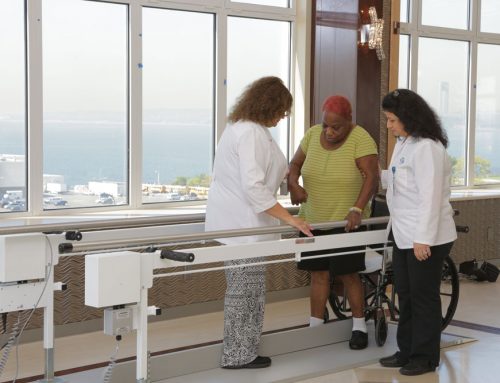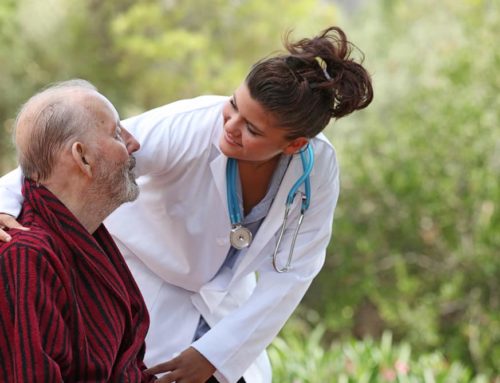Your immune system protects your health and defends you against disease-causing microorganisms and invading pathogens, including viruses. It’s not a single entity but consists of many biological processes and requires balance and harmony to function well.
There are a number of things you can do in practice to give your body the best chance of fighting off disease. Above all, you should maintain a healthy lifestyle, avoid smoking, stay active and take part in stress-busting activities. A good diet, regular exercise and adequate sleep are other key things that keep your immune strong.

1. Healthy Fluids For Your Immune System
In terms of liquids, you should avoid excessive alcohol which is toxic and makes you more prone to disease. Instead, go for herbal teas, juices and other healthy drinks that make you feel good.
Fruit juices contain vitamin C and can also help thin the blood. Moreover, juices containing turmeric, cayenne pepper, ginger, garlic, cinnamon and/or grape seed extract are natural blood thinners. They can help reduce the blood’s ability to form clots. However, if you are on blood-thinning medication you should get your doctor’s advice on the best fluids for you.
2. Avoid Stress
It is well-known that stress is killing. So, do everything you can to stay away from stress. Socialize with family and friends and have fun. Consider travelling and doing things that make you feel happy.
3. Vitamins and Minerals to Boost Immune System
Fresh fruit and vegetables contain vitamin C that is a powerful antidote to viruses. Be sure to eat plenty of them especially during seasons when flu is prevalent.
Vegetables like sweet potatoes, carrots, and dark leafy greens contain vitamin A which helps white blood cells fight off infections.
Nuts, seeds and turnip greens contain vitamin E; research indicates they help combat flu and upper respiratory infections. Nutritionists also advise using healthy fats like olive oil for cooking.
4. Beta Glucan
Beta Glucan is considered to be a powerful immune system booster. It is also good for your heart health and regulates blood sugar.
It is naturally in some food, however, no single food will fend off viruses. So be sure to have a balanced diet.
Taking multivitamin and mineral pills may help but you must talk to your doctor to avoid imbalances.
The antibodies that help fight disease are made of protein and high protein-rich foods also contain other immune-boosting nutrients.
Beans and soy contain zinc— a mineral that helps produce more of your infection-fighting white blood cells. Seafood (especially oysters and crab), as well as lean cuts of beef and pork, also contain zinc. Zinc deficiencies can make you more susceptible to infections.
Other foods, like almonds and cashews, are also good sources of protein, as well as magnesium. Getting the right balance of minerals, vitamins and protein is essential for a healthy immune system.
5. Avoid Contact with Sick People
Elderly people, or people who have just had major surgery, are particularly prone to catching bugs and viruses. It goes without saying, therefore, that they should keep well away from sick people to avoid infections.
Be especially wary of people with respiratory problems and avoid being close to them, or even shaking their hand. Caregivers should be aware that most elderly people have weakened immune systems and should take all precautions to avoid infections.
6. Exercise Regularly
Light exercise on a daily basis is very important for your overall health and well-being. Exercise improves blood circulation and helps antibodies and white blood cells move around the body faster. This, in turn, helps release hormones that “warn” immune cells of invading pathogens.
Physical exercise and activities like dancing or walking help you maintain a healthy weight and are also great stress relievers. Stress kills, so anything you can do to dispel it is good for your immune system. The breathing and stretching exercises in yoga are also highly beneficial for your overall health.
This content comprises informative and educational resources only and can not be considered as a substitute for professional health or medical guidance. Reliance on any information provided in this article is solely at your own risk. If you have any inquiries or apprehensions about your medical condition or health goals, talk with a licensed physician or healthcare provider.






Leave A Comment